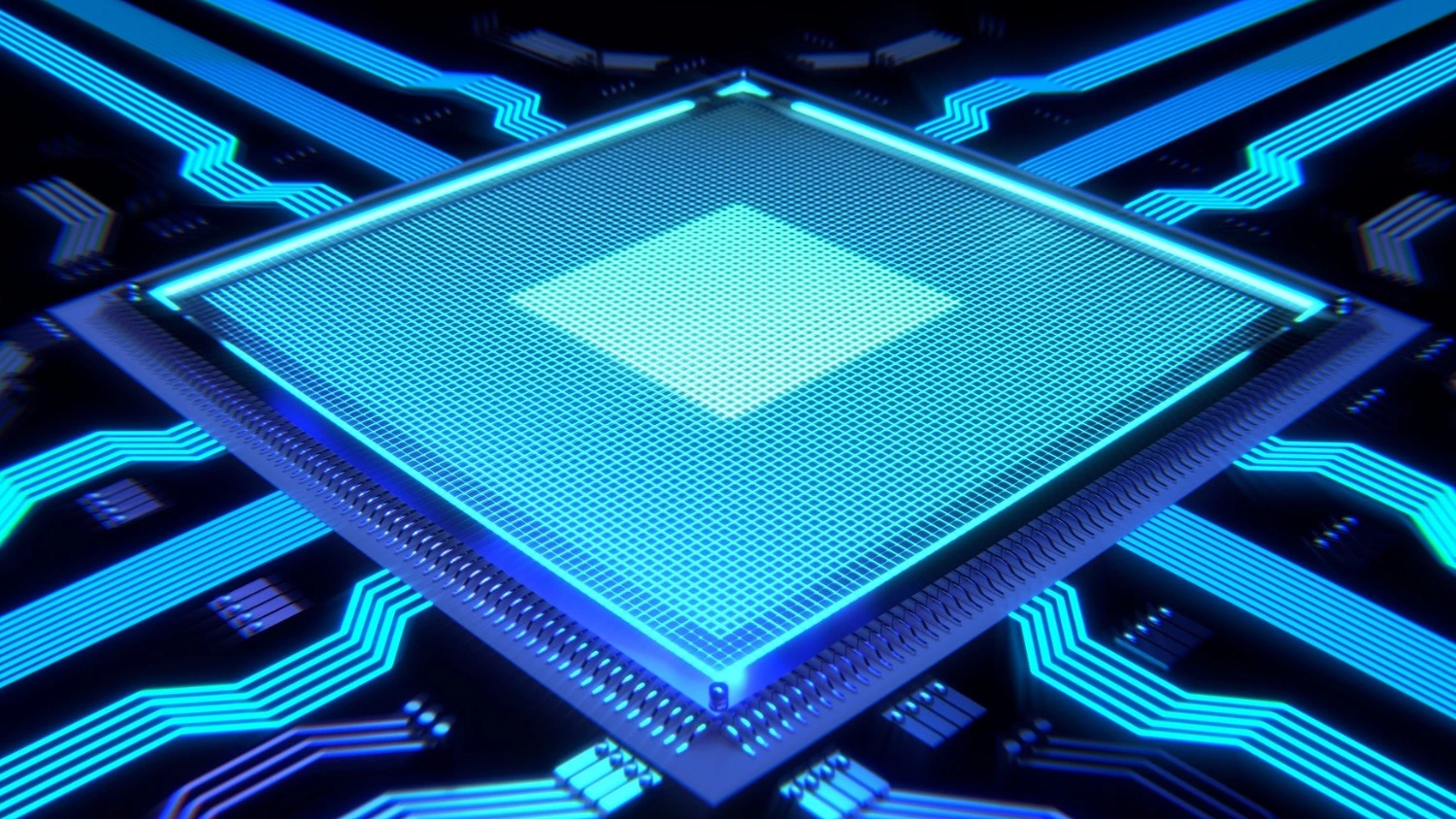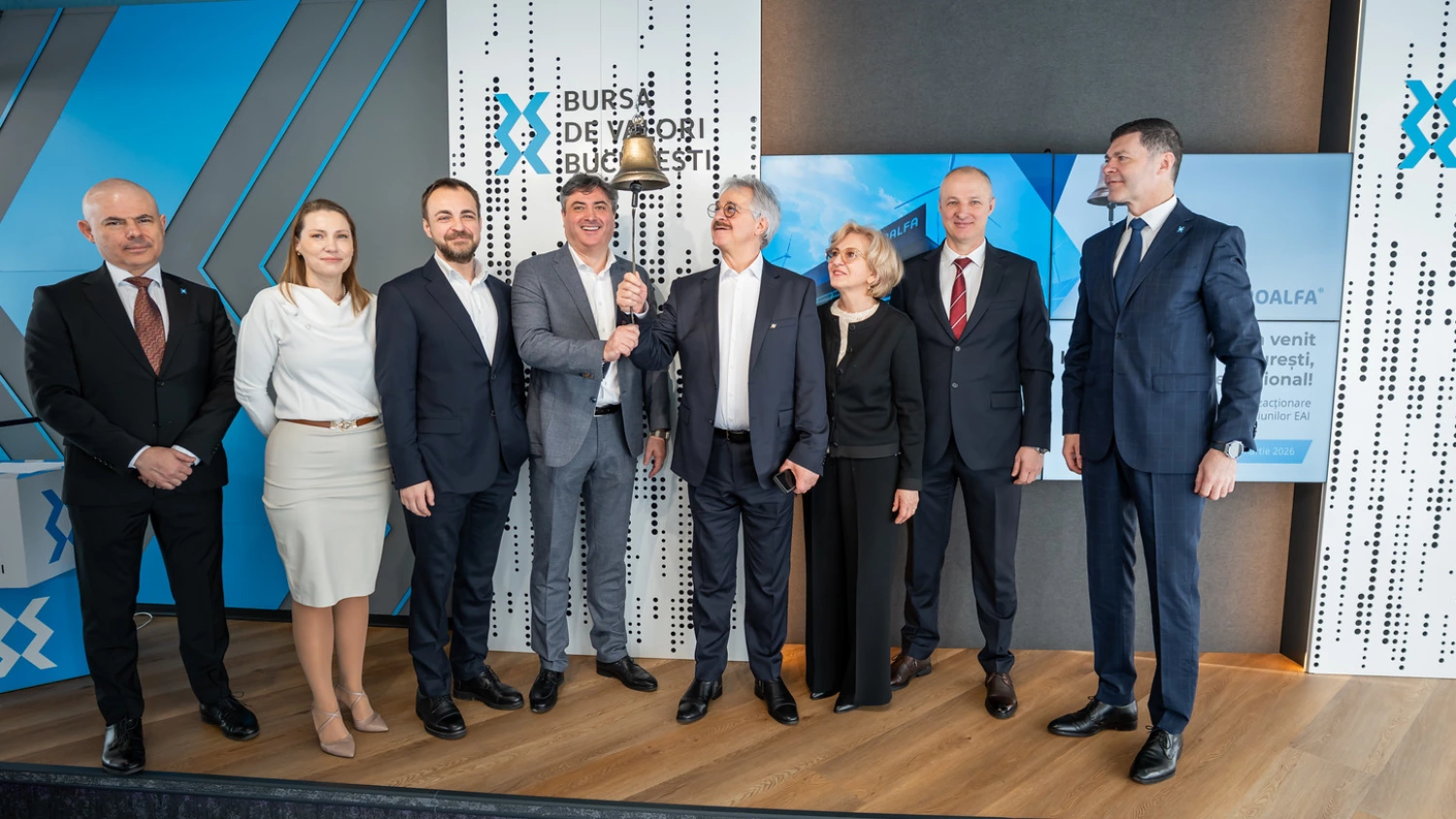While many work tasks can be automated by GenAI, analyses to date suggest that very few jobs will be completely replaced. Instead, work methods will evolve, requiring new employee competencies.
Daniel Anghel, Country Managing Partner, PwC Romania, said: ”These changes will mean efforts and investments for the massive qualification of the workforce, redefining some industries, from financial services and technology, to education and health. (..._) Therefore, the way of working will change, employees will need new skills and, similar to previous periods of industrial transformation, it is expected that the use of GenAI will lead to the creation of new jobs, both directly and indirectly, through the ripple effect throughout the entire economy.”
Currently, GenAI adoption shows room for growth, with 51% of Romanian employees having used it at work at least once in the past year, and only 5% using it daily, according to PwC data.
Encouragingly, 87% of Romanian employees are ready to adapt to new working methods and see GenAI's potential to boost efficiency. Over 70% believe GenAI will create opportunities to learn new skills and enhance creativity and work quality, though over a third analyze their job security.










